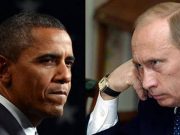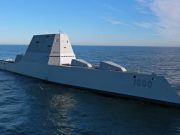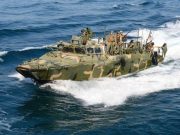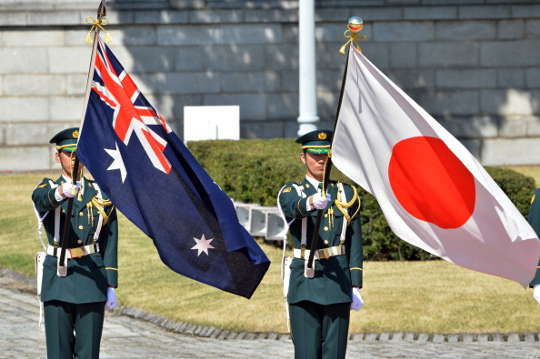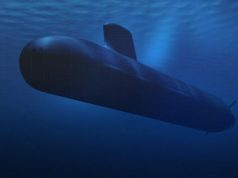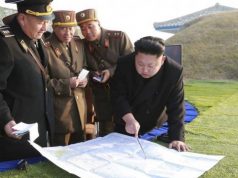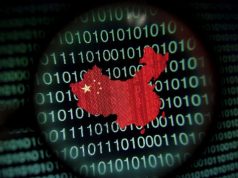(The Weekend Australian) – Australia’s overseas intelligence agency, ASIS, has been training Japanese spies in the tradecraft of espionage as Tokyo seeks to establish its first foreign spy service since World War II.
ASIS has taken a key role in training Japan’s fledgling spies since Tokyo decided to establish a foreign intelligence service to gather information on looming regional security challenges, such as those posed by North Korea, the rise of China and the threat of Islamist terror.
Japan’s intention to establish a spy service was flagged in a cable published by WikiLeaks in 2011.
Japan does not have a foreign intelligence service as such, but Japanese Prime Minister Shinzo Abe has indicated his desire to build a foreign intelligence collection capability as part of a more activist and outward-looking foreign and security posture.
Since 2008 members of Japan’s national security community have been travelling to Australia to be trained by ASIS so that Japan can slowly build its espionage capability.
The notion that Tokyo should have its own spy service is politically contentious in Japan given the country’s pacifist constitution and foreign policy.
While Mr Abe supports the proposal, he is said to be mindful of the need to bring Japan’s parliament and the Japanese people along with him.
The program is part of a deepening security and trade relationship between Australia and Japan, built in part on a shared desire to balance against the growing power of China.
Several of the Japanese officers sent to Australia have been trained in Victoria, although they were not put through ASIS’s training facility on Swan Island, off the Victorian coast. Swan Island is a highly secretive base ASIS shares with the Australian Defence Force.
The ADF uses the 150ha site to conduct training exercises with the SAS, which reportedly conducts operations in conjunction with ASIS.
The ASIS facility contains, among other things, mock hotel rooms and embassy offices that Australian intelligence officers use to practise the tradecraft of espionage.
Japan has not had an external spy agency since World War II. However, in recent years its foreign policy and security posture has become more forward leaning, as its traditional position of pre-eminence in the region has been eroded.
Japan is also eager to collect intelligence on potential terrorism threats, an ambition that will have become more urgent following the deaths of Haruna Yukawa and Kenji Goto, two Japanese hostages executed by Islamic State.






